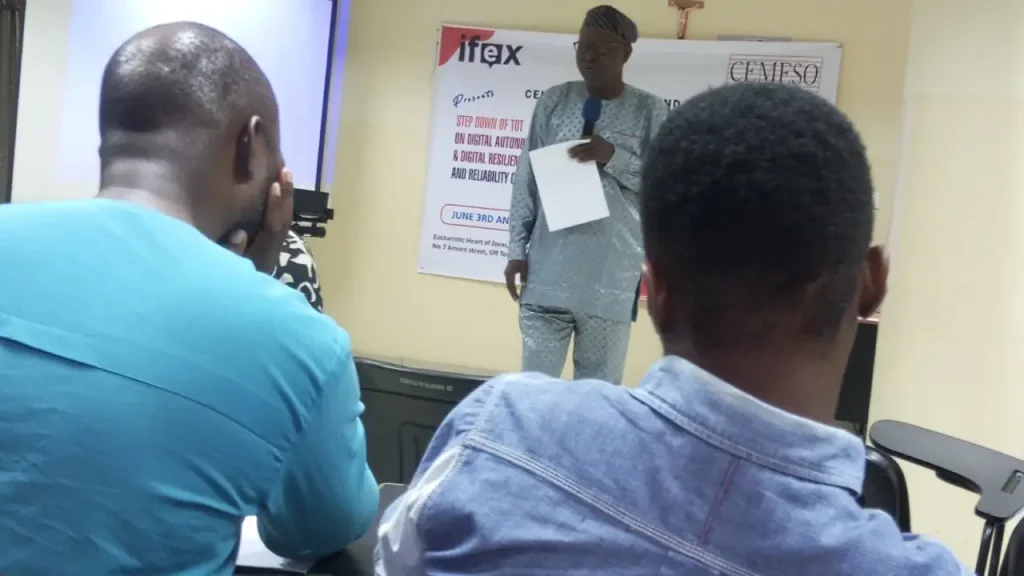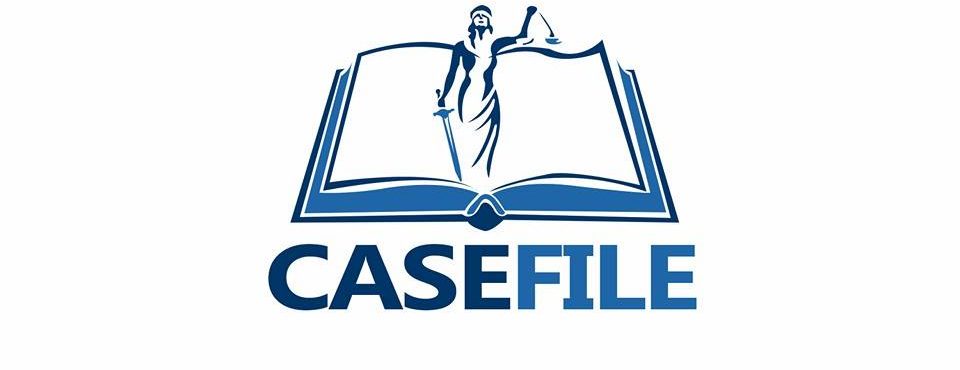A non-governmental organisation, the Centre for Media and Society, CEMESO, has urged journalists across the traditional and online media to safeguard truth, protect democracy, and combat misinformation and disinformation.

The call was made at the Step-Down training on Digital Autonomy and Digital Resilience, Enhancing Accuracy and Reliability of Information held in Lagos on Wednesday.
The training was sequel to an initial Train the Trainer project held in Ibadan in March 2024.
IFEX partners CEMESO
At the event sponsored by IFEX, Dr. Akin Akingbulu, the Executive Director, CEMESO urged participants to counter misinformation and disinformation.
He explained “In our digital age, where information spreads rapidly and easily, false narratives can sway public opinion, distort political discourse, and manipulate electoral processes. These phenomena threaten the credibility of democratic systems and endanger the fundamental rights of citizens to make informed decisions.”
Premised on this background, Dr. Akingbulu advised participating journalists to tackle misinformation and disinformation.
According to him, misinformation and disinformation threaten the credibility of democratic systems and endanger the fundamental rights of citizens to make informed decisions.
He therefore advocated that journalists should promote media literacy, fact-checking, and deploy critical thinking skills in the output of their work after the training.
CEMESO advocates responsible journalism
Mr. Timothy Bamidele, CEMESO Programme Manager also brought his wealth of experience to bare with interventions on what combating and responsible journalism involve.
One of the facilitators, Ms. Blessing Oladunjoye, the Publisher of BONews Service, a beneficiary of the initial training revealed strategies required for enhancing accuracy and reliability of information especially on the digital space.

Ojeakhe Ozoya, a journalist and producer with the Federal Radio Corporation of Nigeria, Ibadan, further recommended that journalists should devoid themselves of any biases in order to be fit for critical thinking as well as to carry out evaluation of any digital content before running with it.
The participants were exposed to open-source tools for fact-checking, and for the purpose of verification of information and to determine credible sources of their information.


